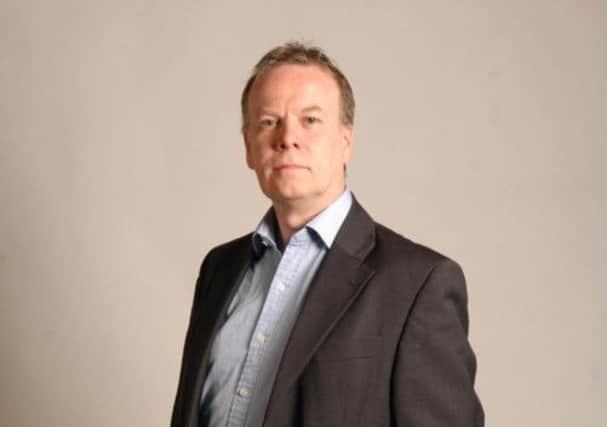Comment: A lack of pickings a threat to Blackberry


Shares in Blackberry, the company until recently known as Research in Motion, were suspended on both Nasdaq and Toronto yesterday after the Canadian company announced it was looking at “strategic alternatives”.
The shares had already risen 4 per cent in early trade on Friday amid speculation that the company would be put up for sale.
Advertisement
Hide AdAdvertisement
Hide AdThat now looks increasingly likely as a recent return of confidence on the back of product launches appears to have been misplaced. Sales had already plummeted before the launch of the Z10, seen to be its saviour after the company tried to play catch-up with rivals in the smartphone market. But the Z10 has also failed to meet expectations and the device has been heavily discounted.
Blackberry was once worth $84 billion (£54bn) but has fallen below $5bn.
There has been talk of a collaboration with Dell, the personal computer company currently involved in sorting out its own future, or other joint venture. But a private equity deal looks more likely.
The situation at Blackberry has been bleak for some time, with executives waiving their annual salaries as an acknowledgement to shareholders that there was serious work to be done. The fact that it had to issue a statement, effectively appealing for a partner, suggested to some that there had been a lack of interest so far.
The search for a new strategic direction is generally taken to be an admission of failure and in Blackberry’s case there will need to be a speedy resolution to end the pain and give it a future.
Cable being realistic or just making mischief?
VINCE Cable, the Business Secretary, reckons Royal Bank of Scotland will not be privatised for five years. But is he really predicting such a long wait, or is this just another bit of mischief from the minister for stirring things up?
His comments to a Sunday newspaper contrast starkly with those of his fellow ministers and will come as some surprise to RBS executives, including chairman Sir Philip Hampton and outgoing chief executive Stephen Hester.
The Prime Minister and Chancellor have made it clear they want RBS off the Treasury’s books ahead of the 2015 general election when they will be keen to boast to the electorate that they have put right the wrongs of the previous government. Advisers have already been appointed.
Advertisement
Hide AdAdvertisement
Hide AdHampton and Hester have also made it known that RBS will be ready for sale towards the end of next year and it will come as a shock, and possibly a disappointment, to the new chief executive Ross McEwan that the return to private hands may still be in process at the end of his own term in office.
Cable, however, is likely to be pushing within Cabinet for RBS to be split up into a “good” and “bad” bank, with the taxpayer retaining the remaining bad assets. The idea of a split along these lines was given some surprising support by Chancellor George Osborne who was thought to be keen on a quick sale of RBS. A split will certainly entail further delay to the process and incur additional cost to the taxpayer – as much as £10bn, according to the Treasury.
It is possible, of course, that Cable is simply muck-raking. After all, this is a coalition of unlikely bedfellows.